LaunchPad Awards Student Start-Up Fund Grant
The Blackstone LaunchPad at ¤Öêüý£Ç·šà Libraries has awarded a Student Start-Up Fund grant for the Spring 2025 semester to Thomas OãBrien ã25 for his company, Ten Open Projects. Grants are awarded on a rolling basis to undergraduate and graduate…



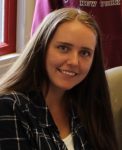 Lara Collins
Lara Collins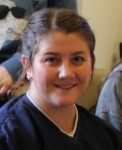 Mary Hillebrand
Mary Hillebrand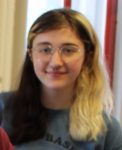 Margaret ãMaeã Hurley
Margaret ãMaeã Hurley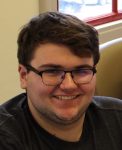 Nolan Lawroski
Nolan Lawroski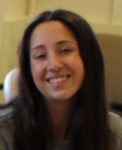 Elizabeth ãLizã Malecki
Elizabeth ãLizã Malecki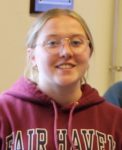 Meghan Morrol
Meghan Morrol